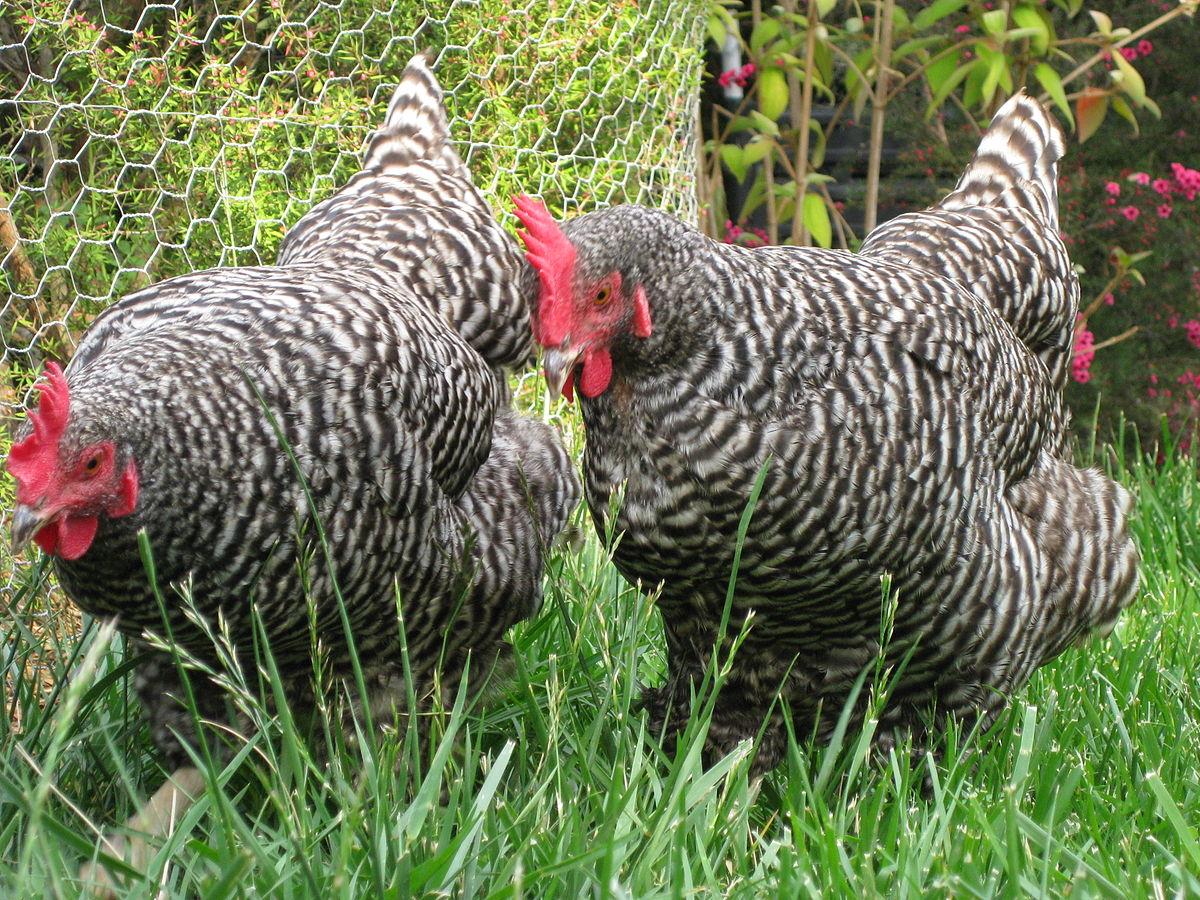Homeowners Like Their Yardbirds But Distrust Food Distribution Networks
Respondents in a study revealed that they like free-range birds and eggs, while they mistrust commercial food system.

Chickens have been a mainstay in Australian and American backyards for generations. New research from the University of Adelaide in Australia reveals that owners see their chickens suitable as pet and the dinner table. “Our research indicated that backyard chickens are seen as both companion animals and as a source of food, falling within a hybrid space of human-animal relations,” explains professor Emily Buddle from the University of Adelaide’s School of Humanities. “They blur the line between what we traditionally call livestock and a companion animal or pet," Buddle said.
Buddle conducted the study, published in Anthrozoös journal, alongside Professor Rachel Ankeny from Wageningen University, Dr. Kristen Stevens from the University of South Australia, and Dr. Heather Bray from the University of Western Australia. While other backyard traditions such as home dairies and pig-keeping have diminished, the backyard chicken, sometimes known as a 'chook' in Australia, has stood the test of time.
The study provides new insight into the motivations, ethics, and perceptions surrounding backyard chickens in Australia. “Chickens have been part of Australian backyards for a long time, providing a source of food, once destined for the soup pot, and through the provision of eggs, as well as a way to recycle kitchen scraps,” Buddle said. Despite this, participants expressed that their chooks had distinct personalities and pet-like characteristics, often providing companionship. Non-vegetarian participants indicated that while they eat meat, they definitely would not kill or eat their own chickens.
Regardless of the emotional attachment, chickens did not receive the same level of care as more traditional companion animals, such as cats and dogs. “A surprising finding was that, while being loved companions, most participants were unlikely to take their chickens to the vet,” Buddle said. “They were unable to justify the veterinary cost versus the monetary value of the chicken.”
Based on qualitative interviews with 44 backyard chicken owners in Adelaide, the study revealed that a key motivator for keeping chickens was for their utility. “Chickens offer an ongoing supply of fresh eggs from a known and trusted source,” Buddle said. “It was clear to participants that their chickens were ‘definitely free-range,’ avoiding the confusion and controversy associated with Australian free-range egg standards,” she observed.
She explained that previous research from the group has shown that people prefer free-range eggs because they are perceived as “more natural”, ethical, and safer. The rise in backyard chickens underscores the distrust in commercial food systems. Buddle said their research has policy implications for biosecurity and animal welfare, particularly due to the lack of veterinary attention backyard chickens get. “Despite recent changes in council regulations, food shortages (particularly through COVID-19 pandemic) and increasing concerns about free range poultry production standards, there had been no research conducted before this to understand what motivates people to keep chooks in their backyard,” Buddle said. “Our research has shown the need for greater research in understanding people's distrust in the food system, particularly with the supermarket duopoly in Australia, and the diverse ways that people navigate these challenges,” she observed.